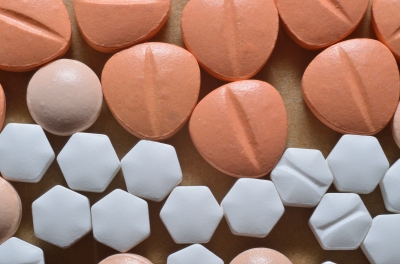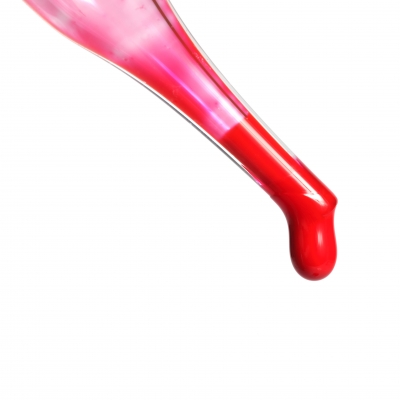
Medications and health products that can be purchased over-the-counter (OTC) at a pharmacy are assumed to be safe, but these products do carry the risk of side effects and health risks, especially when not used as recommended. The Drug Abuse Warning Network estimates that of the 2.1 million drug abuse emergency room visits, 27.1 percent involved nonmedical use of pharmaceuticals including prescription or OTC medications, and dietary supplements. Many people believe since these products are “over-the-counter,” that makes them safe.
That is not necessarily the case. Many OTC products have potential health risks, including side effects that impact heart health.
Sherry Torkos award winning pharmacist and author of Saving Women’s Hearts, has identified some of the most commonly used OTC product categories, some surprising side effects associated with these drugs, and smart alternatives to stay safe
1. Analgesics : Pain and discomfort from lifting, exercising, leg cramps and everyday life are often treated with over-the-counter analgesics such as aspirin, acetaminophen and ibuprofen. Up to 70 percent of the population in Western countries use analgesics regularly, primarily for muscle and joint pain. These drugs, while safe for some, can cause serious side effects, such as liver and kidney damage, ringing in the ears, stomach bleeding, rebound headaches, and increased risk of heart attack and stroke. Safer alternatives include curcumin and products that contain BioCell collagen. Curcumin helps reduce inflammation. BioCell collagen is a clinically studied form of collagen that helps to improve joint health and mobility. It is unique from other collagen products in that it is easily absorbed and gets to the target area. BioCell collagen is also great for the skin and has been shown to improve hydration and reduce wrinkles and fine lines.
2. Decongestants: These drugs are used to relieve congestion due to colds, allergies and sinus/ear pressure when flying. OTC decongestants carry the risk of serious side effects such as racing heart, increased blood pressure, insomnia, thinning of the delicate nasal lining, and worsening of health problems such as glaucoma and prostate disease. A safer way to relieve congestion is to use a nasal wash (neti pot) with essential oils such as eucalyptus to dissolve mucus and moisturize nasal passages. To relieve sinus congestion when flying swallow frequently, chew gum or suck on hard candy and try yawning big. Swallowing or yawning opens the eustachian tube and allows air to flow into or out of the middle ear, keeping the air pressure on both sides of the eardrum equal.
Continue reading


 Holiday splurges can result in more than extra weight to shed in the New Year. Sweet cookies, pies, and candies all rich in fat, along with excess alcohol and calories can lead to a spike in triglyceride levels. This increase in triglycerides may put you at increased risk for heart disease.
Holiday splurges can result in more than extra weight to shed in the New Year. Sweet cookies, pies, and candies all rich in fat, along with excess alcohol and calories can lead to a spike in triglyceride levels. This increase in triglycerides may put you at increased risk for heart disease.



